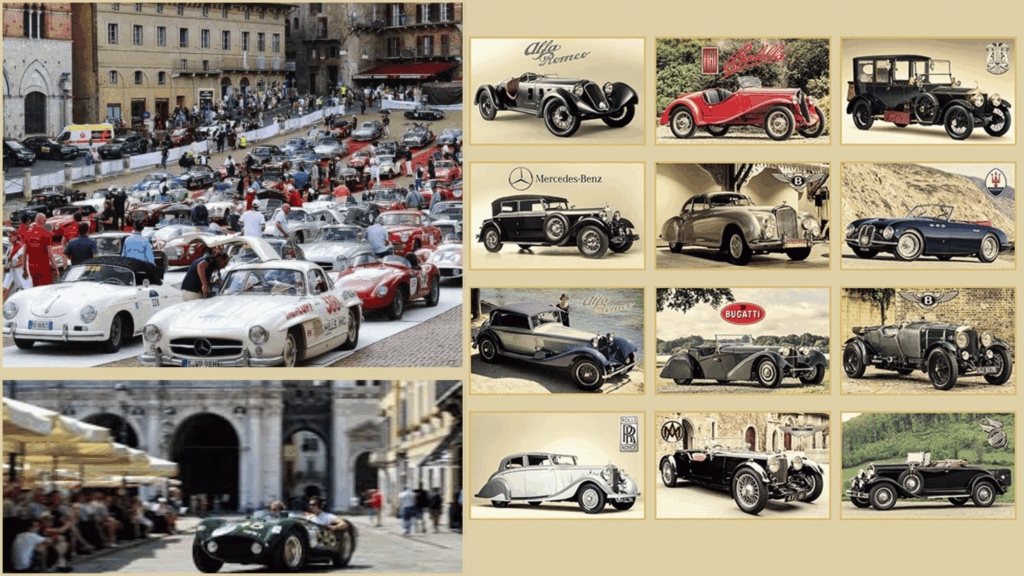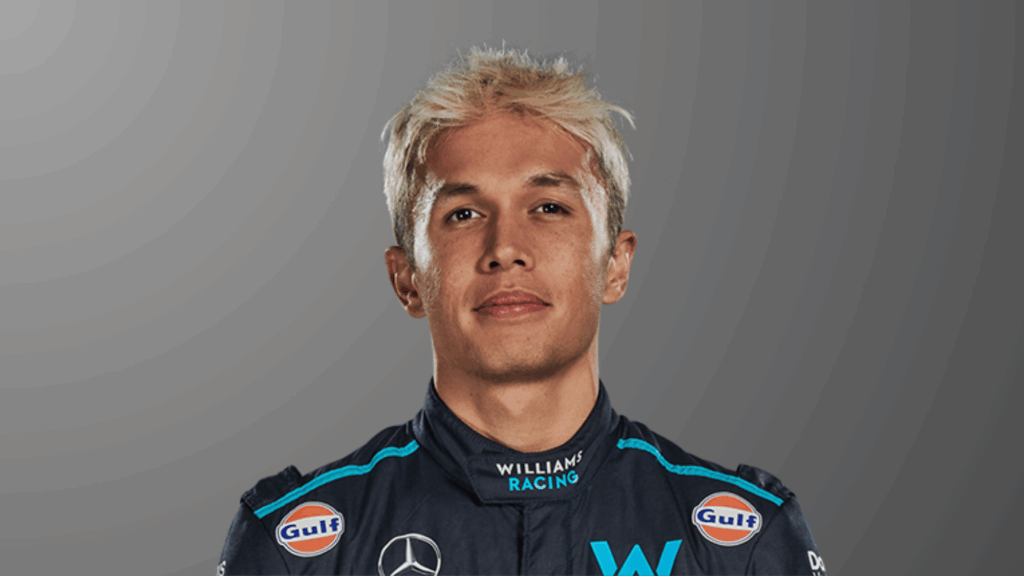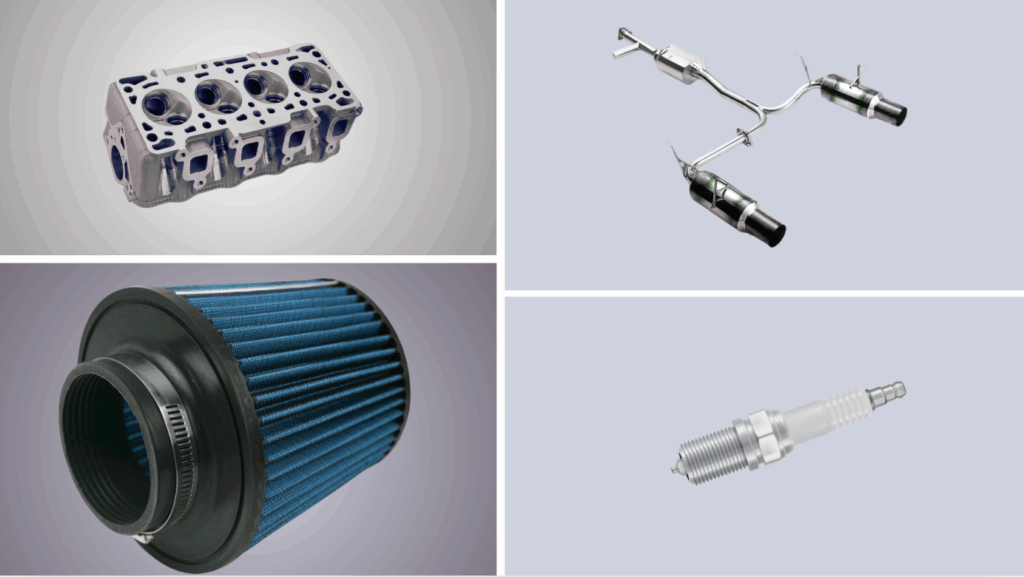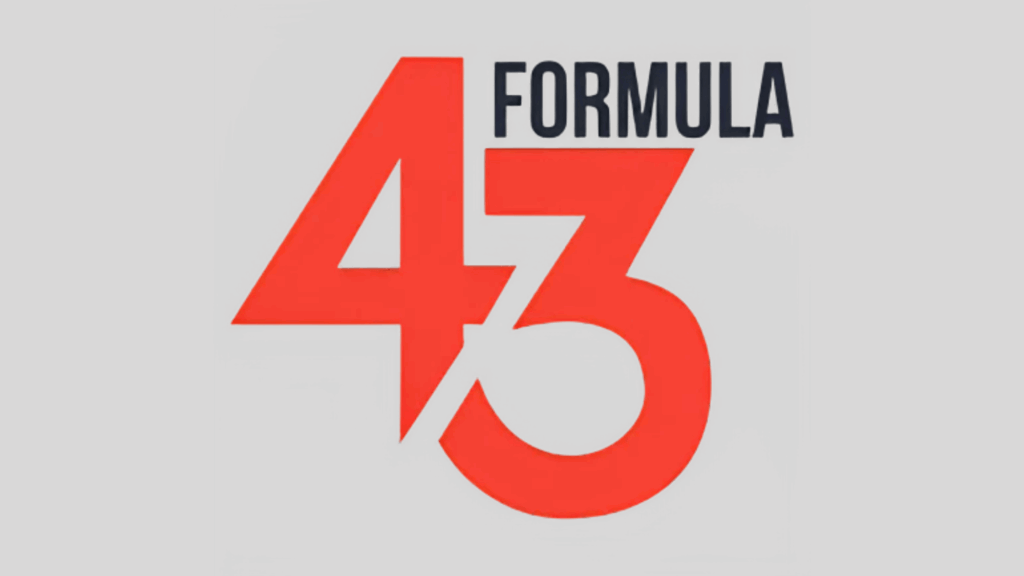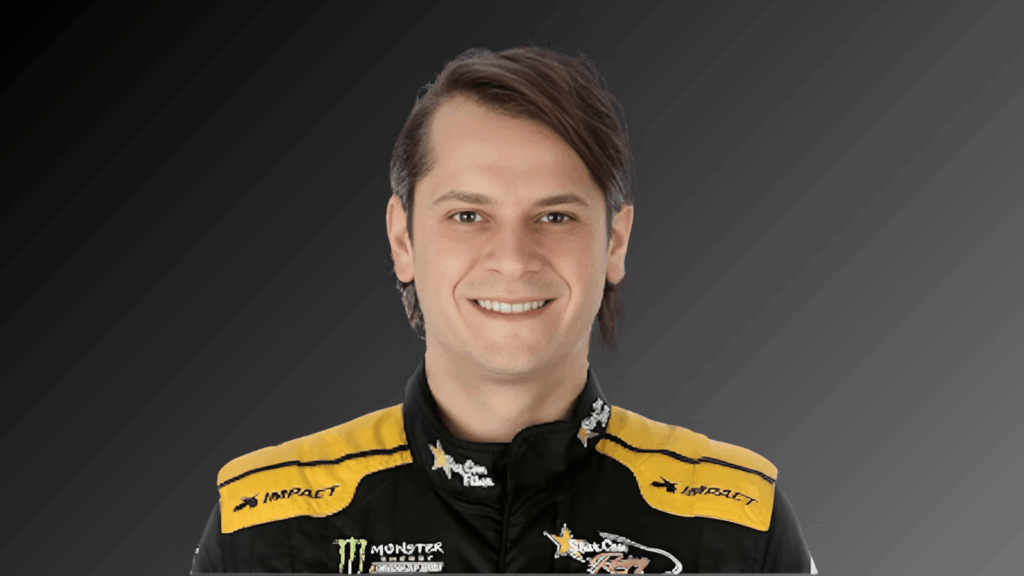NASCAR has always been tied to the thrill of the track. Fans gather for the sound of engines, the rush of competition, and the feeling of being part of something bigger.
Local speedways have long been the stage for these moments, bringing people together in stands filled with energy.
In recent years, though, many tracks have faced hard challenges. These changes are shaping how the sport looks today.
Irwindale Speedway stands out as one of the most talked-about examples. Its story reflects the larger issues that NASCAR faces.
This blog looks at the growing trend of track closings and the impact they have on racing.
How NASCAR Track Closings Are Changing the Sport
NASCAR has always been about speed, fans, and community. Tracks are where the action happens, and for many fans, they are like a second home.
However, over the last few years, an increasing number of tracks have been closing their gates. This is not just about one city or one race. It is a growing trend that is changing the sport.
One of the most talked-about track closings is Irwindale Speedway. For decades, it has been a place filled with racing history.
Its closing has shocked fans, drivers, and even people who do not follow racing closely. If this pattern continues, NASCAR may look very different in the years ahead.
Why Track Closings Matter
When a track closes, it is more than just losing a place to race. It affects everyone connected to the sport:
- Fans lose a favorite spot to spend weekends.
- Drivers lose a place to compete and practice.
- Local businesses around the track lose money.
- Communities lose jobs and events that bring people together.
This is why track closings feel so personal to fans. It is not just about the sport. It is about memories, tradition, and connection.
Irwindale Speedway: A Brief History
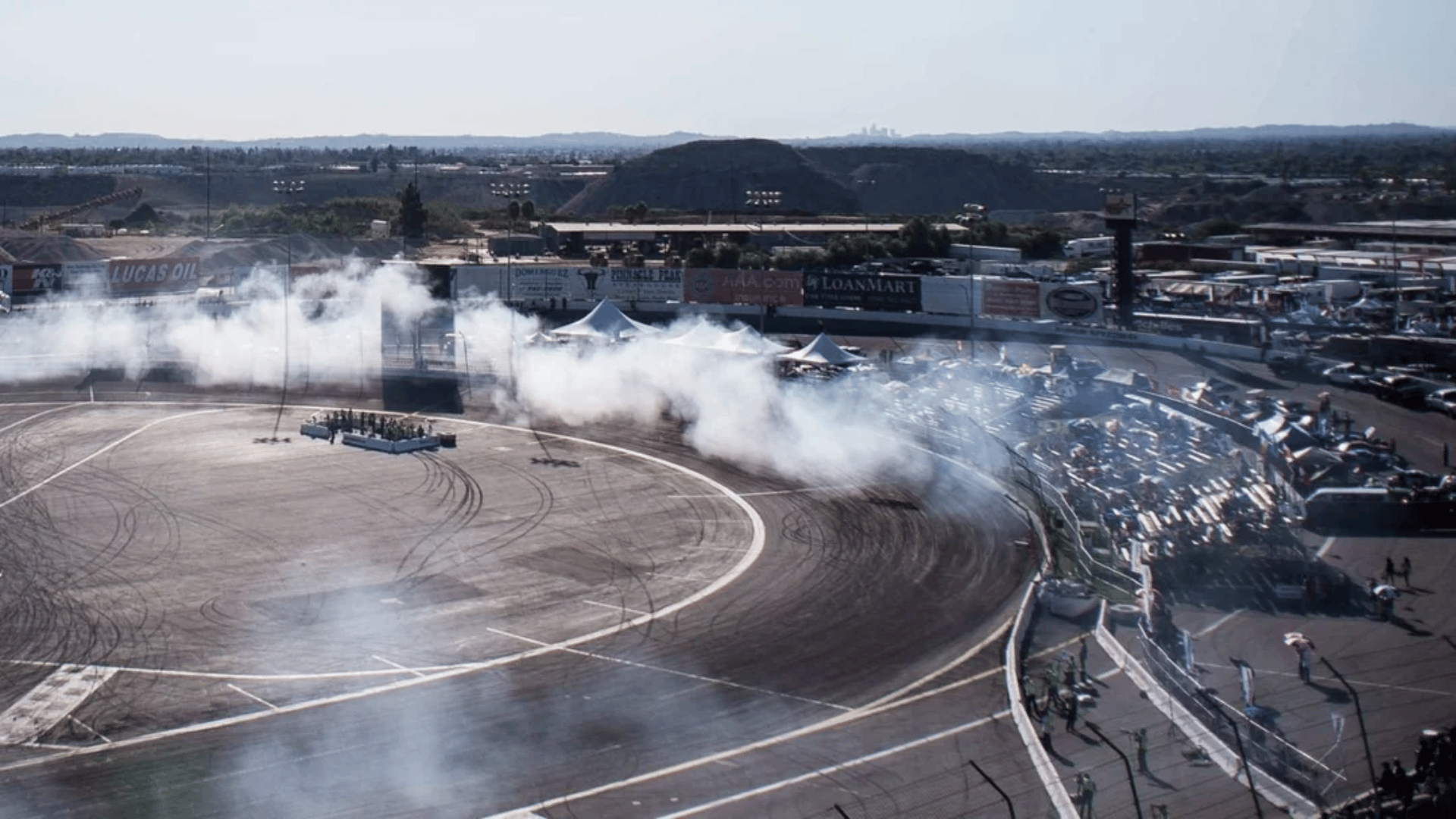
Image Source: Reddit
Irwindale Speedway is in California, near Los Angeles. It first opened in 1999 and quickly became known as one of the top short tracks in the country. Fans loved it because it gave them close racing and lots of action.
- It hosted NASCAR events, local races, and even car shows.
- It was known for its “Saturday Night Racing” that drew big crowds.
- Many famous drivers raced there early in their careers.
For years, Irwindale Speedway was more than just a track. It was a place where families came together, where young drivers learned, and where fans felt close to the sport they loved.
Why Is Irwindale Speedway Closing
The closing of Irwindale Speedway comes down to a few main reasons:
- Land Value: The area where the track sits is worth a lot of money. Developers want the land for other projects.
- Rising Costs: Running a track is expensive. From staff pay to upkeep, costs add up fast.
- Lower Attendance: Fewer fans were showing up for races in recent years.
- Changing Times: Younger people are not going to races as much as older fans used to.
How Fans Are Reacting
Fans of Irwindale Speedway are sad and frustrated. Many people grew up going to the track with family and friends. Social media is filled with posts from fans sharing photos and memories.
Some fans say they understand the financial reasons, but most still feel like something special is being taken away. For many, Irwindale was not just a racetrack. It was a part of their lives.
The Impact on Drivers
Irwindale Speedway played a big role in the careers of many drivers. Local drivers used the track to sharpen their skills, while young racers used it as a stepping stone to bigger races.
- Some NASCAR Cup drivers once raced at Irwindale.
- The track gave new talent a place to grow.
- Without it, drivers now have fewer chances to compete locally.
This loss makes it harder for future drivers to find places to practice and race. It also makes it tougher for fans to see new talent rise up.
The Bigger Picture: Other Track Closures
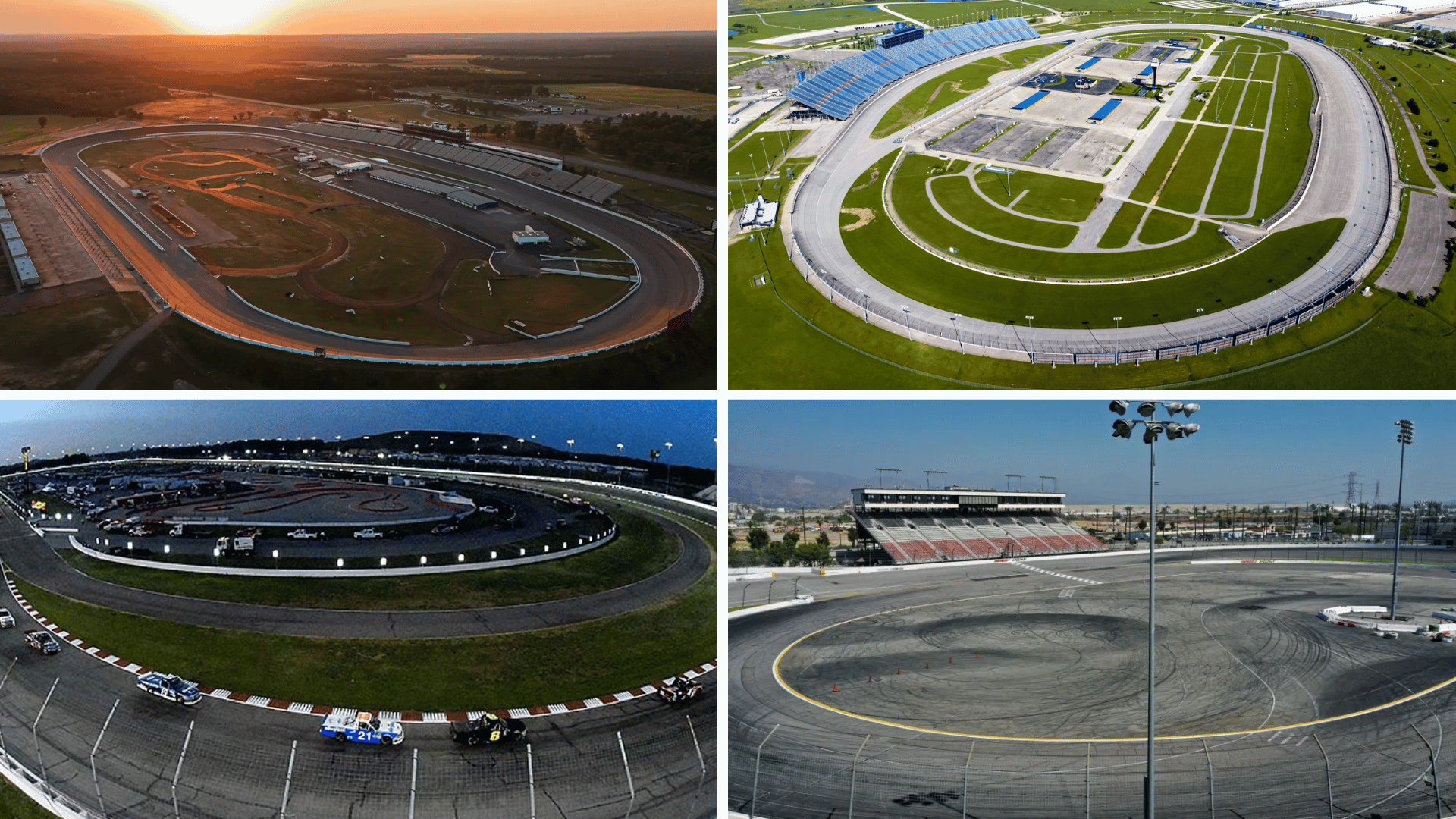
Irwindale is not the only track closing. Across the country, NASCAR and local short tracks are shutting down. Some well-known examples include:
| Track Name | Location | Closure/Change |
|---|---|---|
| Rockingham Speedway | North Carolina | Once a major NASCAR stop, now closed for racing |
| Chicagoland Speedway | Illinois | Lost its Cup Series races in 2021 |
| Gateway International Raceway | Illinois | Went years without NASCAR events before reopening later |
Why Are So Many Tracks Closing?
There are a few main reasons NASCAR tracks are shutting down:
- Rising Costs: Running a track is not cheap. From safety crews to maintenance, the bills keep coming. If ticket sales do not cover costs, tracks struggle.
- Land Development: In many cities, the land is more valuable for malls, warehouses, or housing. Owners often sell the land instead of keeping the track open.
- Declining Attendance: While NASCAR still has many fans, fewer people are going to live races compared to years past. More people prefer watching at home on TV or streaming.
- Competition for Entertainment: There are so many entertainment options now. Younger fans might choose concerts, movies, or video games over spending a day at the track.
How Closures Affect Local Communities
When a NASCAR track shuts down, it is not just the sport that feels it. Local towns are also hit.
- Hotels lose business from fans.
- Restaurants lose weekend crowds.
- Local workers lose jobs tied to events.
For towns that rely on race weekends for money, the closing of a track is a big blow.
What It Means for NASCAR’s Future
The closing of tracks like Irwindale raises questions about the future of NASCAR. If more local tracks shut down, it could hurt the sport in the long run.
- Fewer young drivers will have places to start their careers.
- Fans will have fewer local races to attend.
- Communities will lose the tradition of weekend racing.
NASCAR may need to find new ways to support local tracks. Without them, the pipeline of future drivers could dry up, and fan support may weaken.
NASCAR’s Response
NASCAR has been aware of track closings. The group has tried different ways to keep fans engaged:
- Adding new venues to the schedule, like street races.
- Using bigger tracks for special events.
- Pushing digital streaming to reach younger fans.
But these steps do not fully replace the value of local tracks. NASCAR may need to do more to keep the grassroots level alive.
What Lies Ahead for NASCAR and Its Tracks
The future of NASCAR tracks depends on how fans, owners, and the sport itself choose to respond to the wave of track closings.
If nothing changes, more speedways could face the same fate as Irwindale. But if new ideas take hold, the story could look different.
Shared ownership programs, more community-driven events, and partnerships with schools or local groups may help keep tracks alive.
NASCAR might also need to give more direct support to short tracks so they can survive rising costs and changing fan habits.
Irwindale’s closing shows the challenges, but it also reminds everyone how much tracks mean to the sport.
Its story may inspire other communities to fight harder for the tracks they still have and to keep the heart of racing strong for the future.
Conclusion
The closing of Irwindale Speedway is a major loss for the racing world. It marks the end of a track that gave fans unforgettable weekends and helped drivers build their careers.
But this is not only about one speedway. NASCAR tracks across the country face the same struggles.
Rising costs, changing fan habits, and land development continue to put pressure on local racing.
When a track shuts down, entire communities feel the impact.
Jobs disappear, businesses lose weekend crowds, and fans lose a place filled with energy and tradition.
The future of racing will depend on how much support these tracks receive before more are gone.
